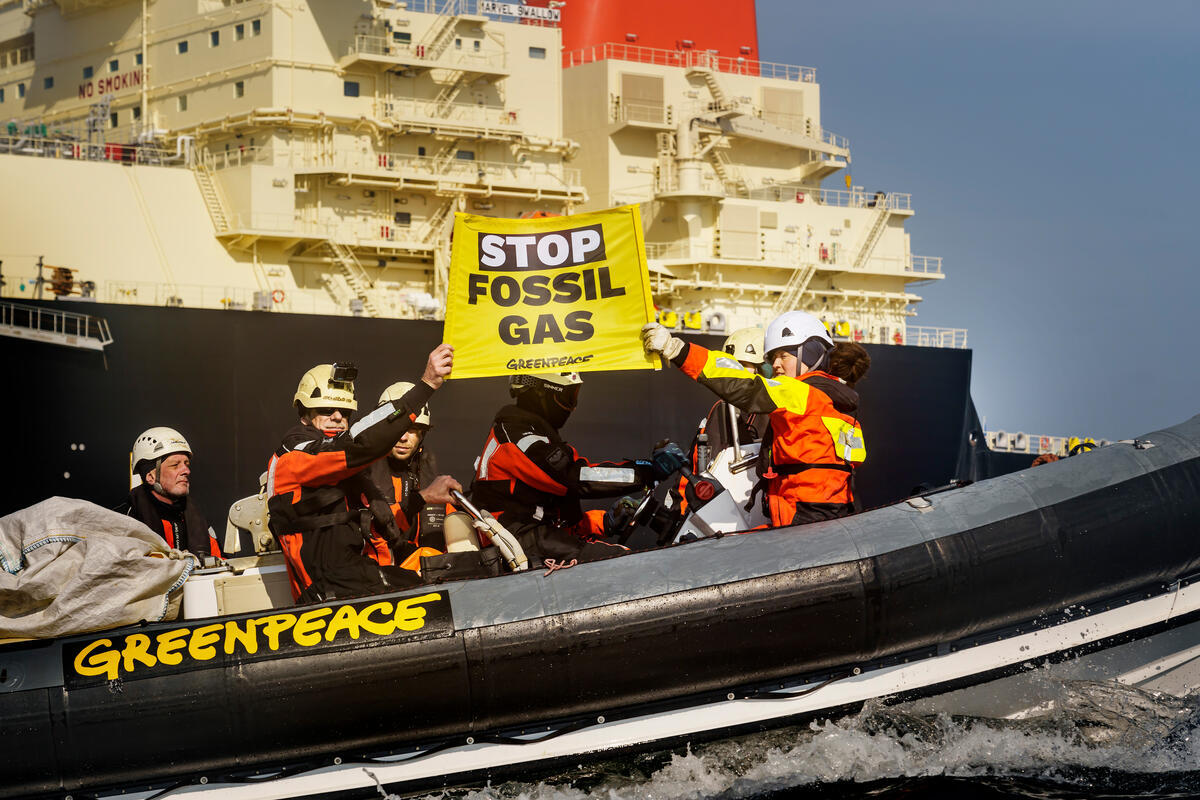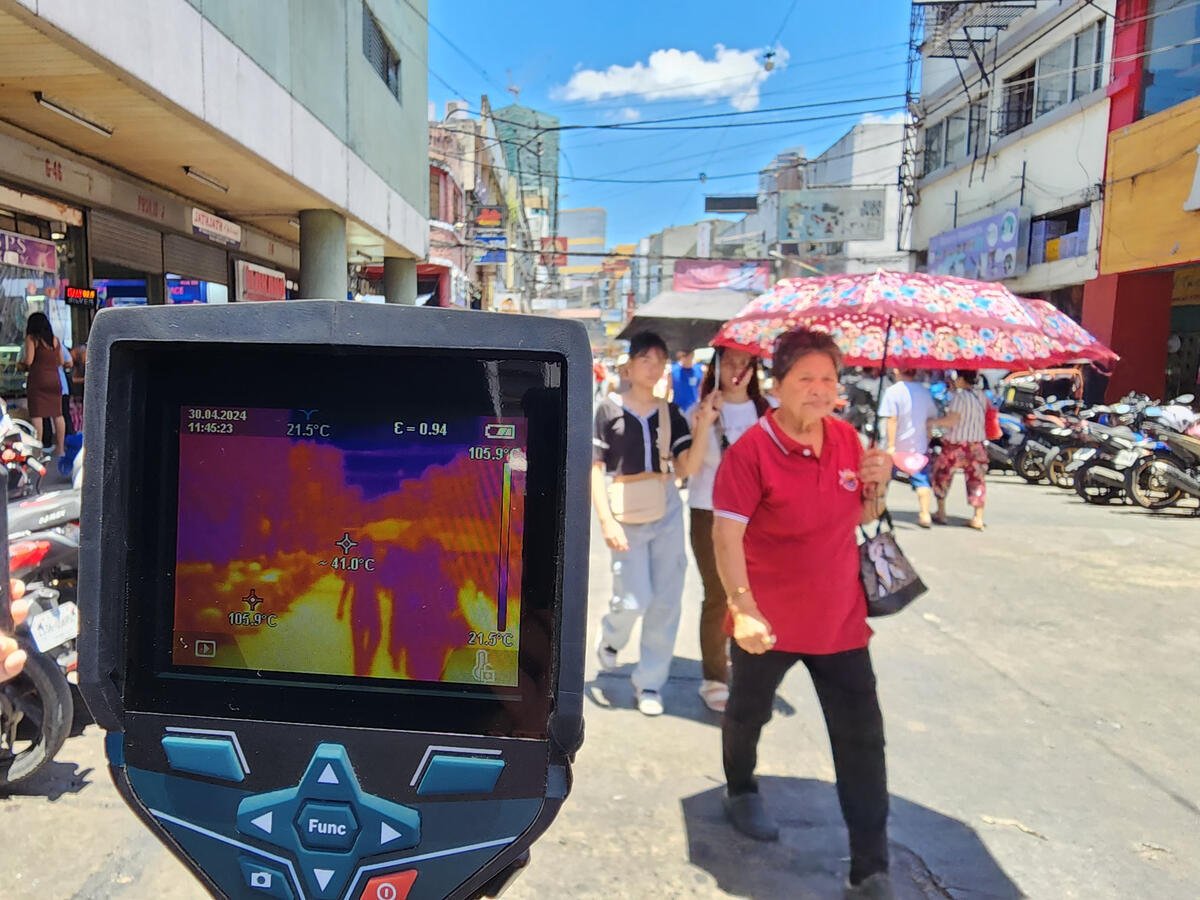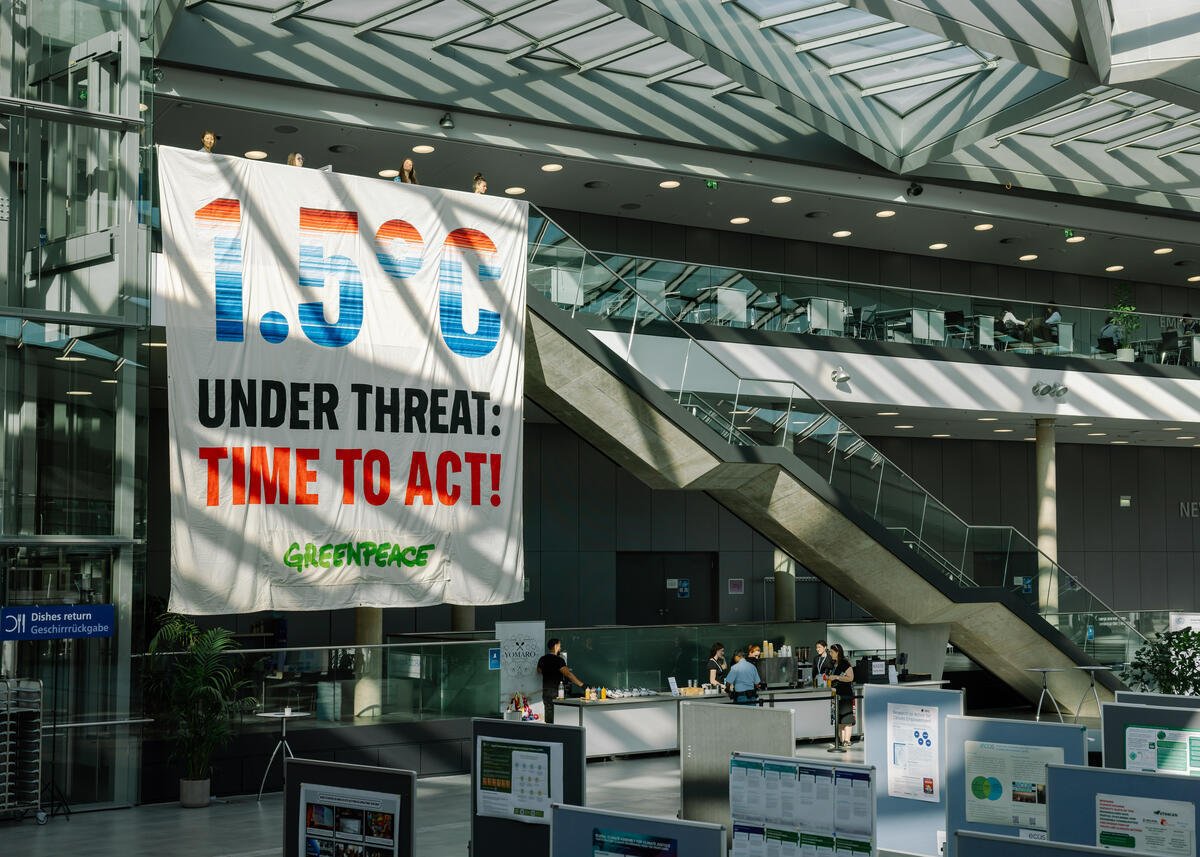Less than two months remain until COP29, the 29th annual UN climate talks, in Azerbaijan and much work remains to be done. First up, governments must break a stalemate and work towards agreement on an urgently needed new climate finance deal.
Talks about the crucial climate finance package ended in deadlock earlier this year at the Bonn Climate Change Conference and little progress was again made at the final round of technical talks in the Azerbaijan capital Baku this month.
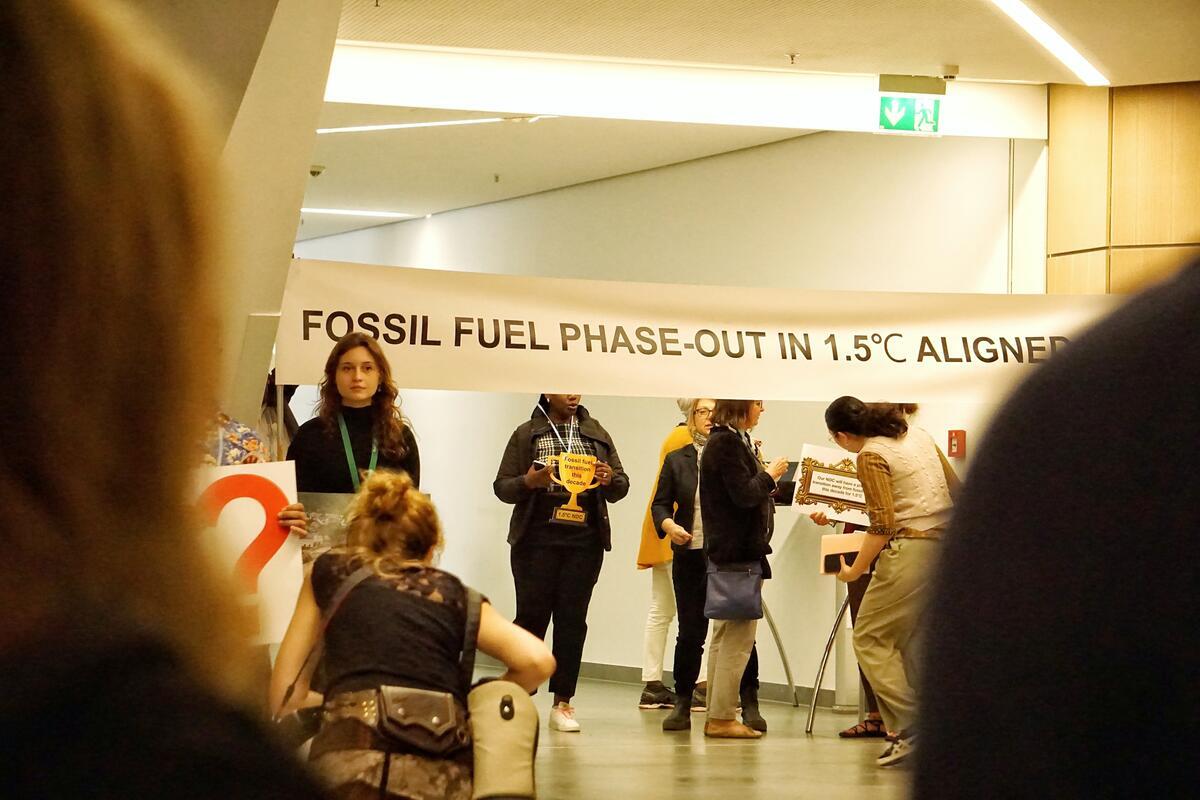
It is critical that a breakthrough agreement over the new finance package is reached at COP29 in November to unlock essential public funds for developing countries that need it for mitigation, adaptation and action to address loss and damage.
Big oil, gas and coal polluters are driving climate disaster
As 2024 threatens to eclipse last year to become the hottest year on record following month-after-month of heat extremes, the impacts of the climate crisis are becoming rapidly more dire, only further highlighted by the heavy loss of life caused by Storm Boris recently.
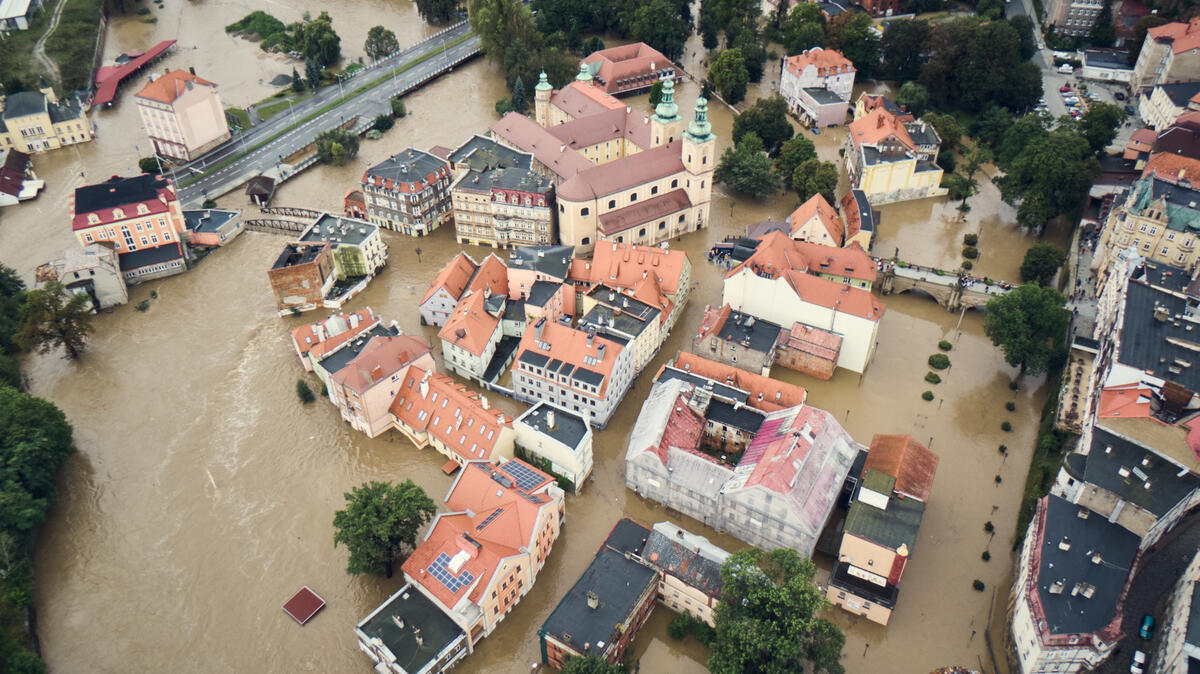
This storm quickly followed the devastation from tropical storm Yagi in China, Vietnam, Thailand and the Philippines. Floods have also been reported across many other countries in addition to a dam burst in Nigeria and floods in Morocco and Algeria.
At the same time, drought has hit southern Italy as extreme heat has been recorded across the globe.
These are the types of weather extremes that are being worsened by the profiting fossil fuel industry and the case for immediate climate action couldn’t be any clearer.
Leaders at COP29 must signal they understand the urgency of the climate crisis and propel climate action forward and deliver a successful finance package, called the New Collective Quantified Goal (NCQG).
Climate finance now
Trillions not billions of dollars are needed and developed countries need to act accordingly: that means making clear how much money will be put on the table to give assurances to developing countries about the level of ambition they can aim for in their new climate action plans.
Ahead of the 10-year anniversary of the Paris Agreement next year, nations must present new 2035 action plans to reduce emissions, called NDCs, in coming months. Finance from the wealthier Global North nations is crucial to help ramp up Global South ambition.
The terms of the Paris Agreement stipulate that developed countries must provide financial assistance to developing countries as part of the global community’s efforts to limit global warming to 1.5°C.
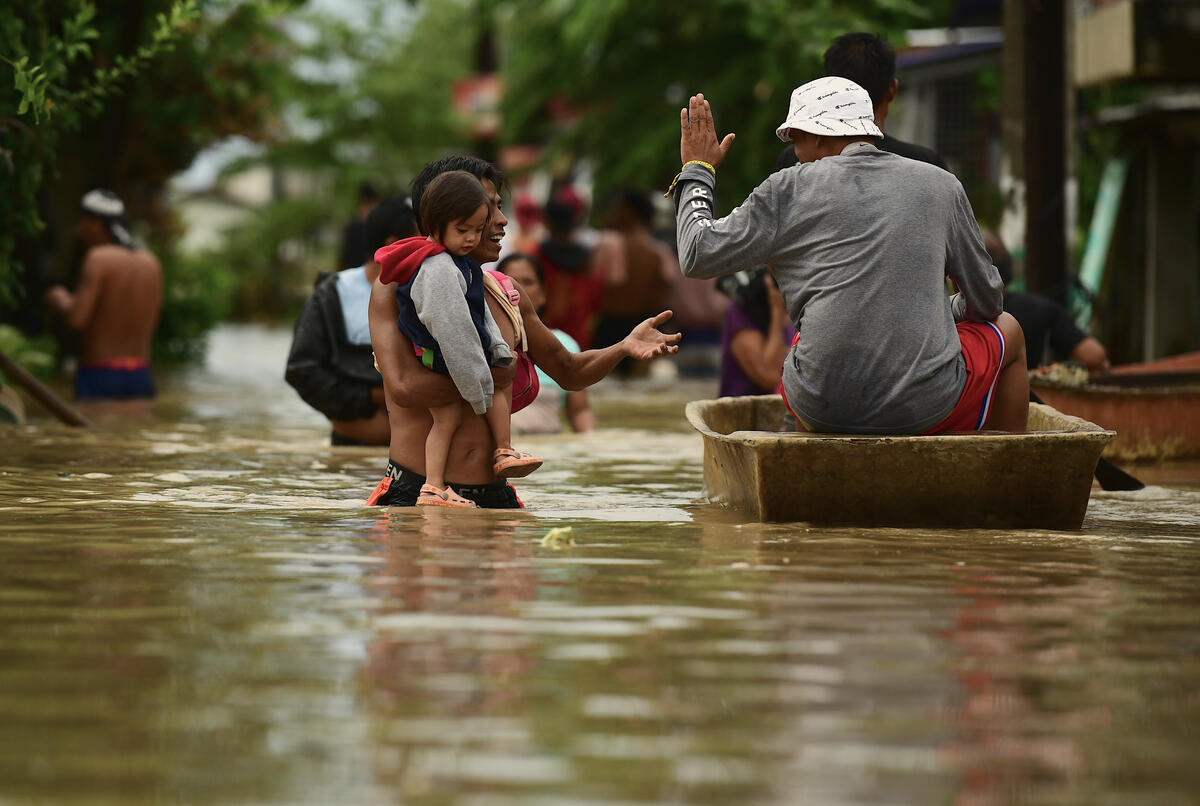
The question of how to finance the package, however, has stymied negotiations.
Yet amidst the crisis, the global oil and gas companies – dubbed the Godfathers of climate chaos – have never had it so good, raking in billions of dollars in profits, while those most affected by climate impacts brace for worse.
Make polluters pay
The path forward is clear: the fossil fuel industry and other high-emitting sectors should be forced to pay for the destruction and harm that their products cause. At the heart of the climate finance package to be agreed at COP29 should be the principle that polluters must pay.
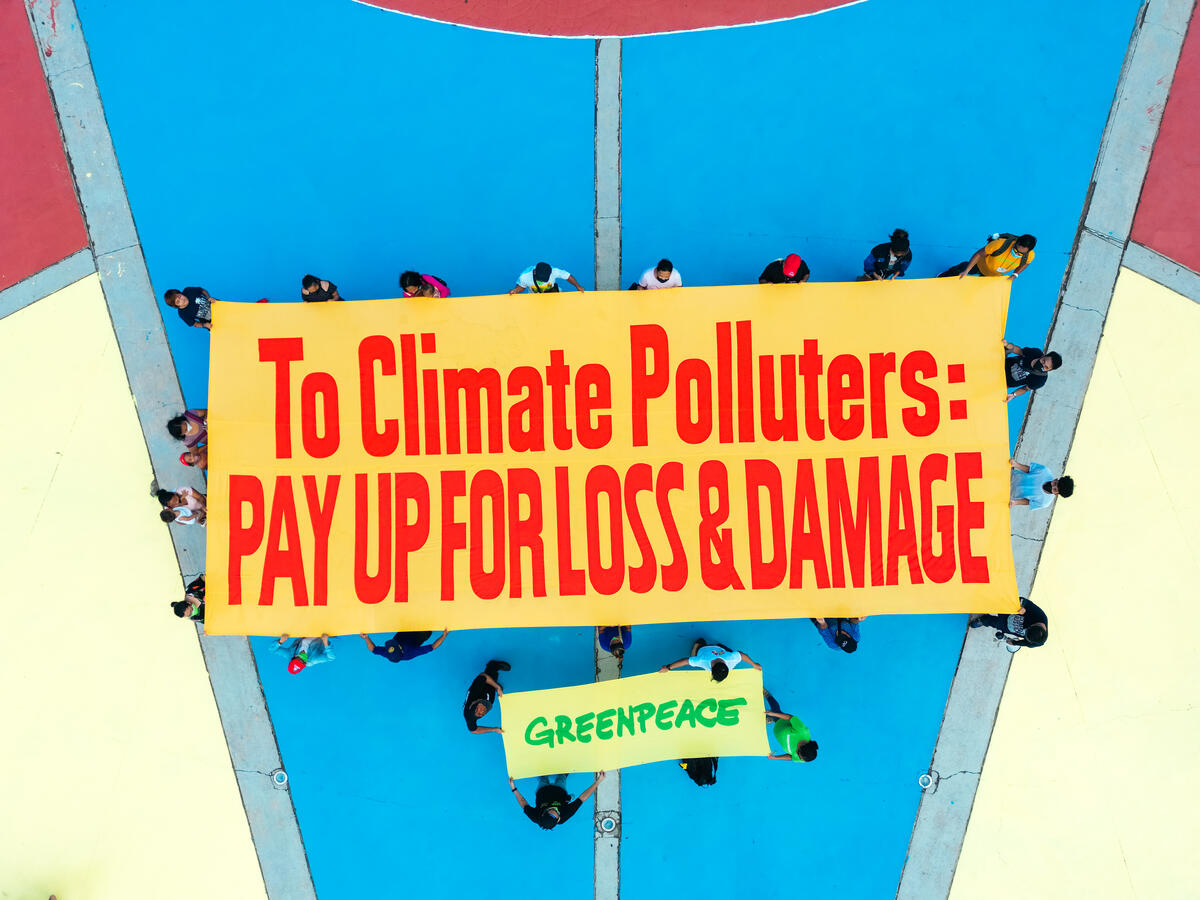
There is enough money, not an absence of money but the absence of government action to make the fossil fuel industry and other big polluters pay is costing lives. The fossil fuel era has to end and while oil, coal and gas are being phased out, they need to #PayUp.
You can help, by joining us in demanding that polluters pay.

